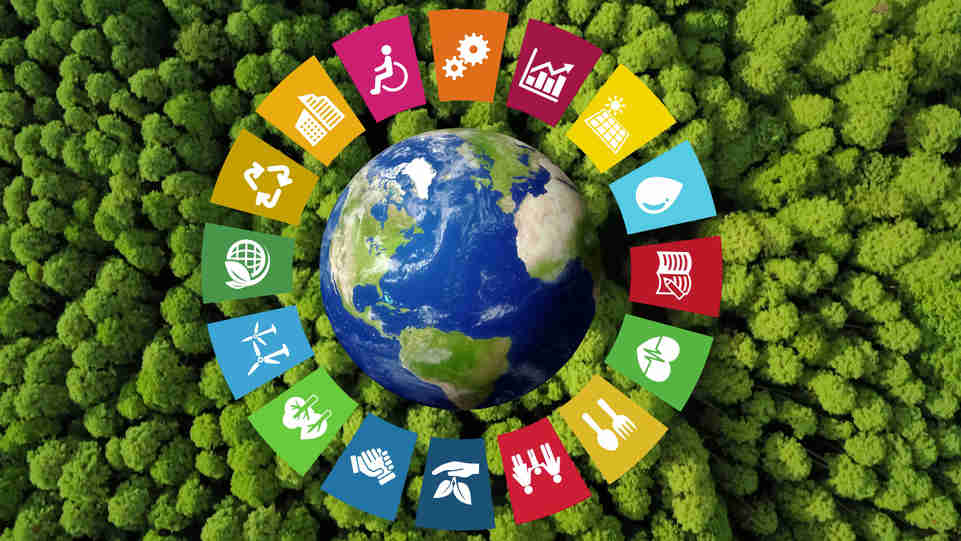Arecent research study led by a professor from Harvard University has found that India is off-target on a number of sustainable development goals indicators. The United Nations had come up with a set of 33 indicators in 2015 which was agreed upon by 195 countries, including India. Most of the indicators on which India is performing poorly relate to poverty, health, gender and the environment. While India is set to achieve the targets by 2030 on some indicators like full vaccination, electricity access, personal bank accounts and multi-dimensional poverty, there are a number of other targets that are not going to be achieved. These targets include improved water, child marriage, health insurance for women, and reduction in partner violence. Estimates have been made regarding the delays in achievement. For some targets, the delays would be marginal; but for others, the delay could be as much as decades. For instance, the target for partner violence would only be achieved in 2090 going by current trends. The data for this study were drawn from two National Family Health Surveys done in 2015-16 and, again, in 2019-2021. While some scholars have raised questions about the NFHS data, the overall results are still a matter of concern. Without meeting all the SDGs, the transition towards sustainability would not be feasible. Hence, despite India’s good performance in targets like under-five child mortality or internet access and improved sanitation, the failure to meet the other targets would drag down its overall performance.
India’s ranking in many global indicators of development has been poor in recent times. On the Environmental Performance Index, India has slipped to the last place out of 180 countries. Environmental conservation is an important pillar of sustainable development. India’s poor performance stems from two distinct tendencies. The first is the importance that is given by the government to development projects overriding environmental concerns. The second is the social conservatism that India exhibits, especially in terms of gender inequalities. Thus the paucity in performance in partner violence, child marriage of girls, health insurance for women and the use of modern contraceptives. Material opulence and social conservatism dominate the public discourse. Unfortunately, this would not add up to sustainable development.











